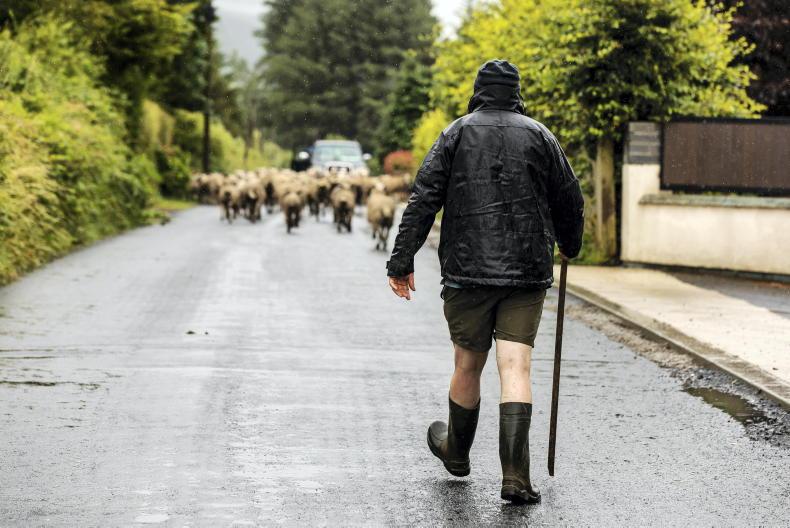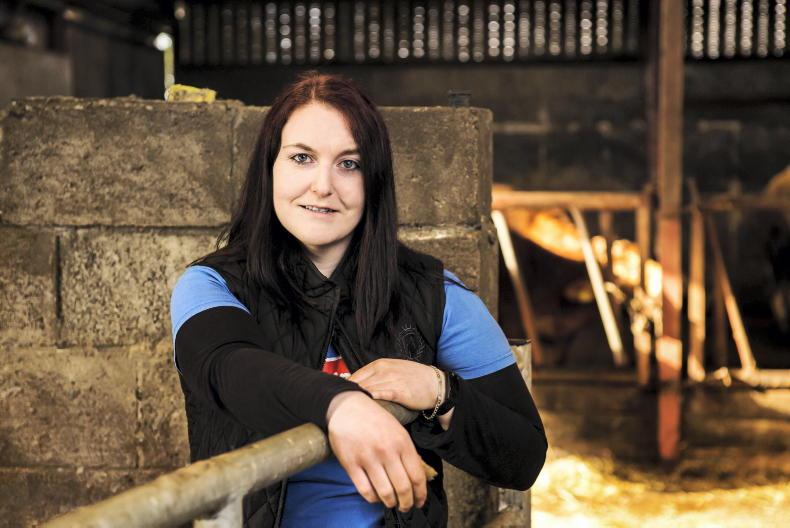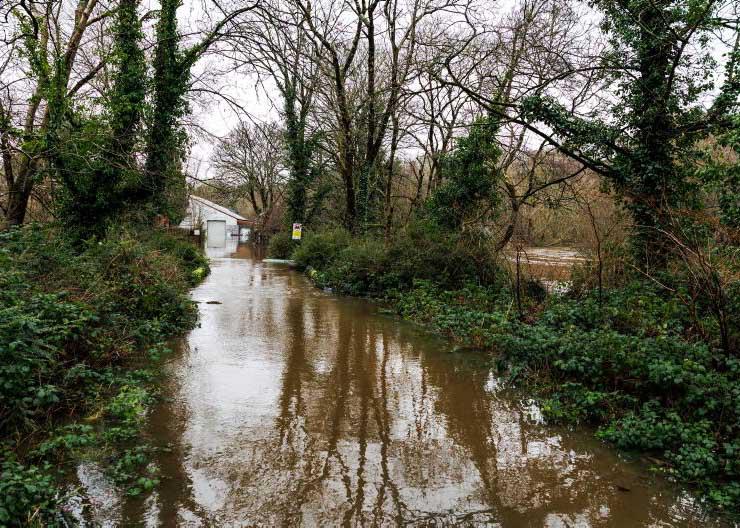Friday
It will be wet and windy on Friday morning, with widespread outbreaks of heavy rain along with some squally downpours, according to Met Éireann.
Spot flooding will be possible. Rain will clear eastwards into the Irish Sea in the afternoon with sunny spells and showers following from the west.
Highest temperatures of 14°C to 17°C in strong and gusty southwesterly winds, which will veer westerly and ease somewhat in the afternoon.
Friday night will be breezy, with clear spells and fairly widespread showers, some heavy with thunder in Atlantic coastal counties.
Minimum temperatures of 9°C to 12°C in fresh to strong and gusty westerly winds.
Saturday
A bright day for many on Saturday, with a mix of sunshine and showers. However, it will be cloudier in southern coastal counties, with the possibility of some rain for a time towards evening.
Highest temperatures of 13°C to 16°C in fresh and gusty southwest to west winds.
On Saturday night, any rain in southern coastal areas will clear to leave much of the country dry, apart from a few showers in the north. Minimum temperatures of 6°C to 10°C in moderate westerly breezes.
Sunday
It looks set to be a predominantly dry day on Sunday, with sunny spells and just a few showers.
Top temperatures will be of 13°C to 16°C in a moderate westerly breeze. Staying mainly dry on Sunday night, with some clear spells. Lowest temperatures of 6°C to 10°C with light southerly breezes.
Beef management
Adam Woods takes a look at closing up paddocks this autumn, first-calving heifer management and he asks for winter feed questions ahead of next week’s winter feed focus.
Dairy management
This week, Aidan Brennan takes a look at some of the options for farmers to reduce their tax bill.
Sheep management
Darren Carty reports on keeping on the right side of official notifications when moving sheep off farm to temporary grazing features in this week’s sheep management notes.
Tillage management
While growers with larger acreages are already planting, waiting until October helps reduce pressures from potential problems like grass weeds and BYDV, reports Andy Doyle.









SHARING OPTIONS